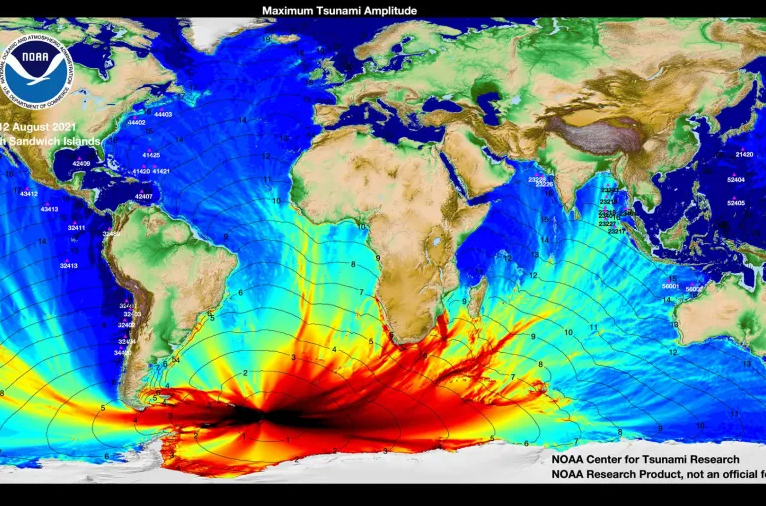
In February of the past year, 2023, a seismic event struck wide areas of Turkey and Syria, causing the loss of tens of thousands of lives and leaving many more injured. The earthquake also resulted in the near-total destruction of landmarks in the affected cities. Earthquakes are one form of natural disasters that affect inhabitants of this planet, and although they might be the most destructive among their siblings, other calamities such as fires, hurricanes, floods, landslides, and avalanches pose significant threats as well.
For decades, scientists, policymakers, and experts have sought ways to mitigate the damage inflicted by such disasters. Their recurring dream is to develop methods that enable them to predict these events before they occur, allowing governments to evacuate cities and rescue teams to prepare adequately. In recent years, following the impressive capabilities demonstrated by artificial intelligence systems across various domains, several research institutions and tech companies have announced the development of algorithms capable of predicting specific types of disasters. Experiments with these systems have shown a high level of accuracy and reliability.
While the dream of predicting and preventing natural disasters entirely remains a challenging one, the advancements in artificial intelligence provide a glimmer of hope for more effective disaster preparedness and response strategies. As these technologies continue to evolve, they hold the potential to save lives and minimize the devastating impact of unforeseen events on communities around the world.
Leave a Reply